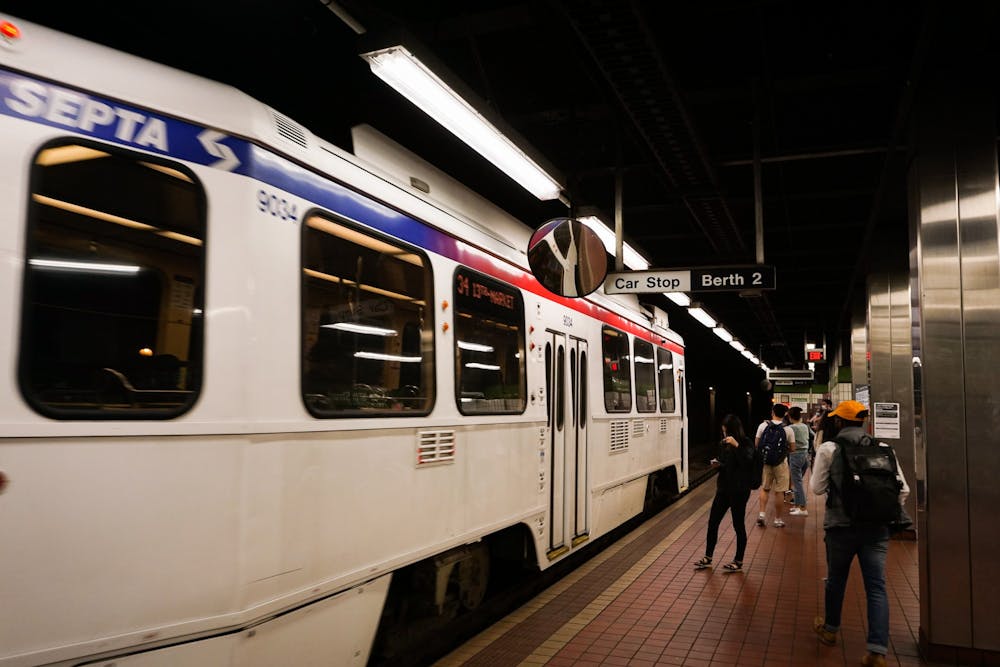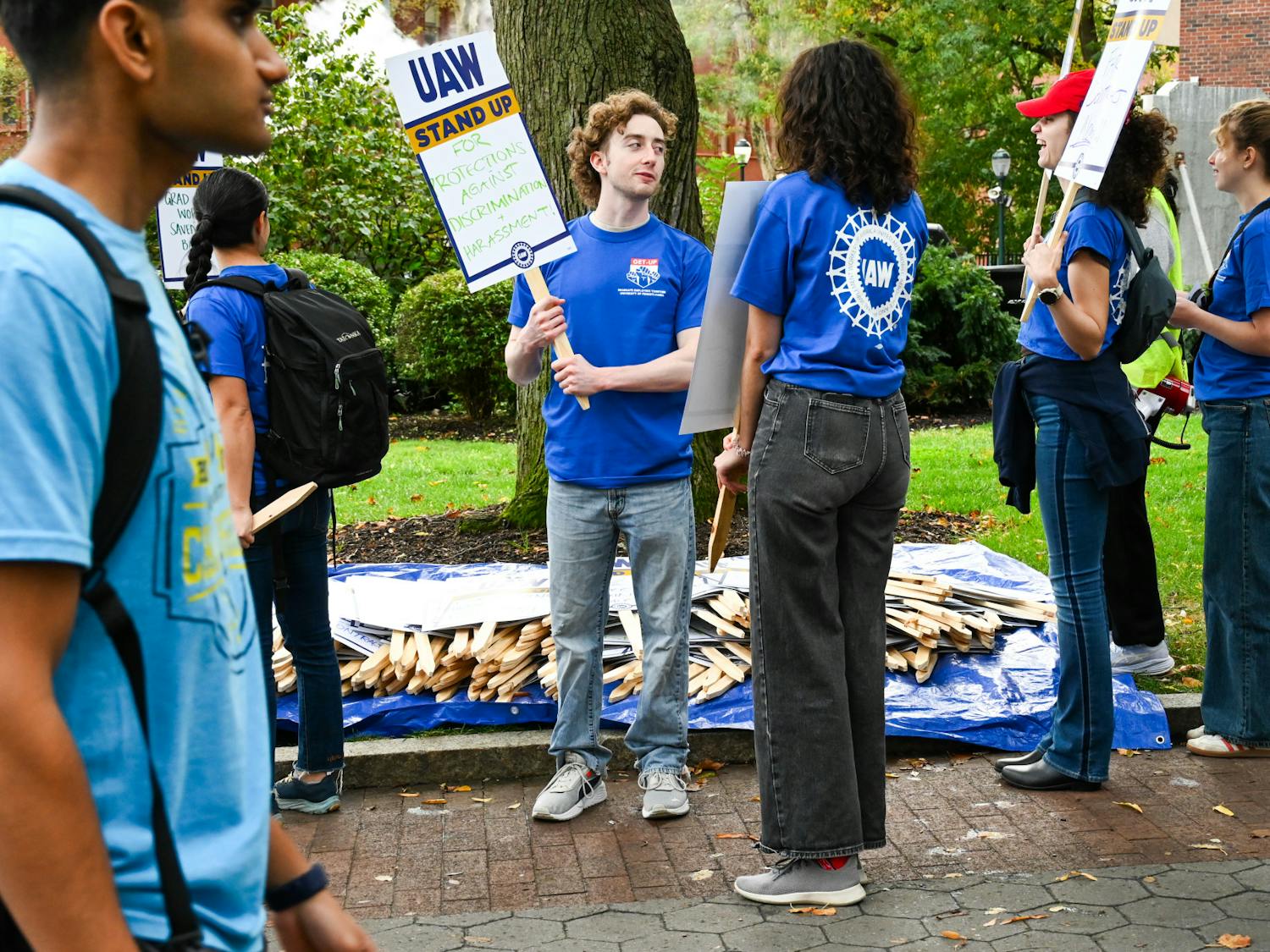As SEPTA workers plan to strike over safety concerns and higher wages, Penn is preparing by outlining steps to provide free transit services to all employees should the strike prevent them from getting to work.
Should a strike occur, Penn plans on partnering with Drexel University, the University of Pennsylvania Health System, and the Children’s Hospital of Pennsylvania to ensure Penn faculty can get to work, Senior Executive Vice President Craig Carnaroli, Executive Vice President for the Health System J. Larry Jameson, and Interim Provost Beth Winkelstein shared in an Oct. 27 email to faculty.
The potential for the strike originates from ongoing contract negotiations between Transport Workers Union Local 234 — a labor union serving approximately 5,000 SEPTA workers — and SEPTA. The union demands a four-year contract that ensures wage increases, parental leave, heightened policing of the SEPTA system and a “pandemic payment” to indemnify frontline workers for the various risks they have taken during COVID-19, The Philadelphia Inquirer reported.
If a contract agreement is not reached before the current contract expires at 12:01 a.m. on Nov. 1, workers will likely proceed with a strike.
The strike would impact the City Transit Division of SEPTA, including the bus, trolley, Market-Frankford Line and Broad Street subway services. Regional Rail, Customized Community Transportation, LUCY (Loop through University City) and the Norristown High-Speed Line would continue to run, ABC 6 Action News reported.
The strike also has the possibility to impact students if their professors cannot make it to class.
“My communications professor was actually saying how we might need to be virtual for a few days,” College sophomore Giselle Wagner said.
Wagner added that she understands where the SEPTA workers are coming from and said Penn students can temporarily find other ways to navigate Philadelphia should a strike impact transit services.
RELATED:
Penn researchers identify transit weak spots for SEPTA’s rebranding initiative
SEPTA will deploy social workers alongside transit police in new pilot program
A strike would also create challenges for students within the School District of Philadelphia, which might cause a temporary switch from in-person to virtual learning for almost 60,000 students who use SEPTA to go to school, some of whom include children of Penn faculty.
Penn outlined similar contingency plans in 2014 and 2016 following stalled contract negotiations between union workers and SEPTA. In both instances, SEPTA workers proceeded to strike, forcing Penn to adopt its contingency plan. In 2014, the SEPTA strike persisted until President Barack Obama appointed an emergency board to mediate the contract disagreement.
“We’re going to do everything we can to keep the [SEPTA] system running,” TWU Local 234 President Willie Brown told the Inquirer. “But if things break down, we’ll do what we have to do.”









